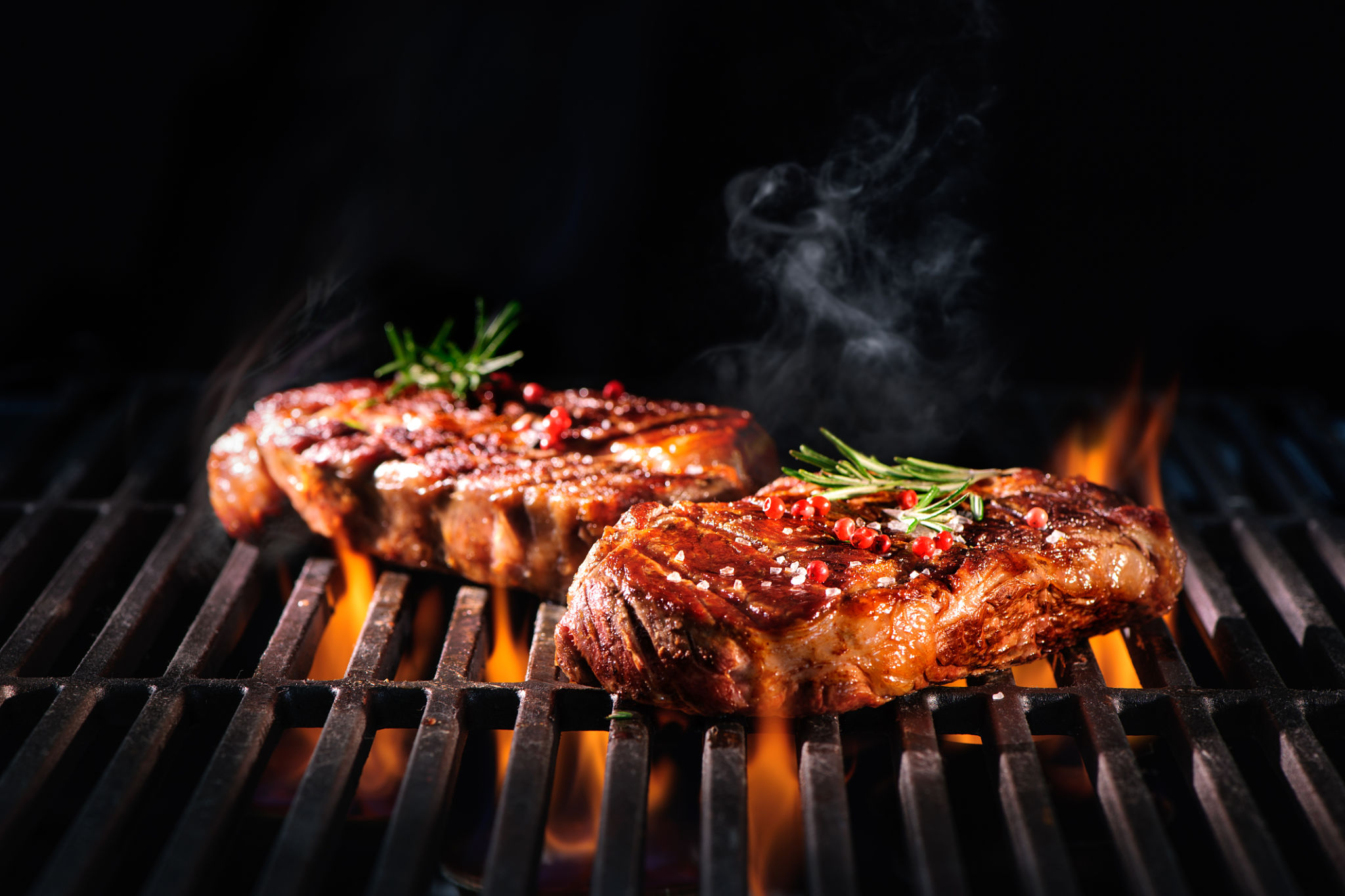The Science Behind BBQ Seasonings: How Ingredients Impact Flavor
AA
The Art and Science of BBQ Seasonings
Barbecue is not just about grilling meat; it's a culinary journey that involves an intricate balance of flavors. At the heart of this journey are the seasonings, a complex blend of spices and herbs that define the character of your BBQ. Understanding the science behind these seasonings can elevate your grilling game to new heights.
The magic of BBQ seasoning lies in its ability to enhance the natural flavors of the meat while adding its own unique profile. Each ingredient plays a crucial role in this process, influencing the taste, aroma, and even the texture of the final dish. So, what makes a perfect BBQ seasoning? Let's delve deeper into the key components.

The Role of Salt
Salt is arguably the most important ingredient in any seasoning mix. It serves multiple purposes: it enhances flavor, preserves moisture, and helps form a delicious crust on the meat. Salt's ability to break down proteins allows it to penetrate deeper into the meat, ensuring every bite is flavorful.
But not all salts are created equal. Kosher salt is often preferred in BBQ for its larger crystals, which are easier to distribute evenly. Sea salt, on the other hand, can add subtle mineral notes to your seasoning mix.
Sugar and Sweetness
Sugar is another key component in many BBQ seasonings, providing a balance to the saltiness and bitterness of other spices. When exposed to high heat, sugar caramelizes, giving the meat a beautiful golden color and a sweet, smoky flavor. Brown sugar is particularly popular due to its molasses content, which adds depth and richness.

The Science of Caramelization
Caramelization is a chemical reaction that occurs when sugar is heated. This process not only adds sweetness but also creates complex flavor compounds that contribute to the overall taste profile. It's essential for achieving that coveted BBQ crust.
Spices: Adding Heat and Complexity
Spices are where BBQ seasonings truly shine, offering layers of heat and complexity. Ingredients like paprika, cayenne pepper, and black pepper bring varying levels of spiciness and warmth. Paprika, in particular, adds a mild heat along with a vibrant red color.
These spices stimulate the taste buds and enhance the perceived flavors of other ingredients. The key is balancing these spicy elements to suit your personal taste preference.

Herbs for Freshness
Herbs like thyme, oregano, and rosemary introduce fresh, aromatic notes that complement the bolder flavors in BBQ seasoning. They add an earthy dimension and can help mellow out intense spices.
Dried herbs are often used for their concentrated flavor, but fresh herbs can be added towards the end of cooking for a burst of freshness. The choice between dried and fresh depends on the flavor intensity you're aiming for.
Experimenting with Flavors
Creating your own BBQ seasoning is an opportunity to experiment and tailor flavors to your liking. Start with a base of salt and sugar, then gradually add spices and herbs. Remember that BBQ seasoning should enhance, not overpower, the natural taste of your meat.
Consider incorporating unconventional ingredients like coffee grounds for a deep roasted flavor or citrus zest for a hint of brightness. The possibilities are endless, so don't be afraid to get creative!
Conclusion: The Perfect Blend
The science behind BBQ seasonings is a fascinating exploration of how individual ingredients interact to create complex flavors. By understanding the roles of salt, sugar, spices, and herbs, you can craft a seasoning blend that transforms your barbecue into a culinary masterpiece.
Whether you're a seasoned pitmaster or a backyard enthusiast, mastering the art of BBQ seasoning will undoubtedly enhance your grilling experience and delight your taste buds.
